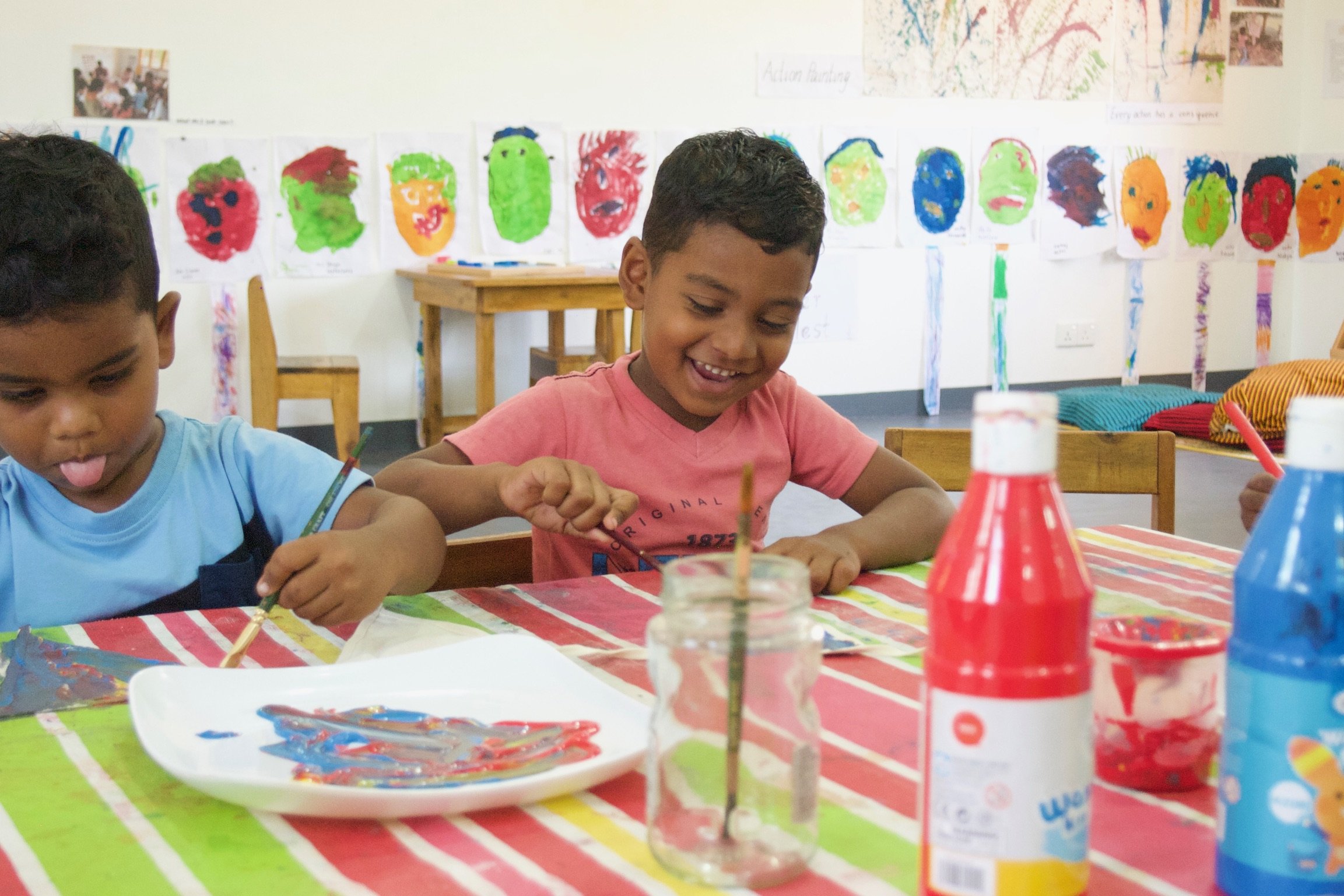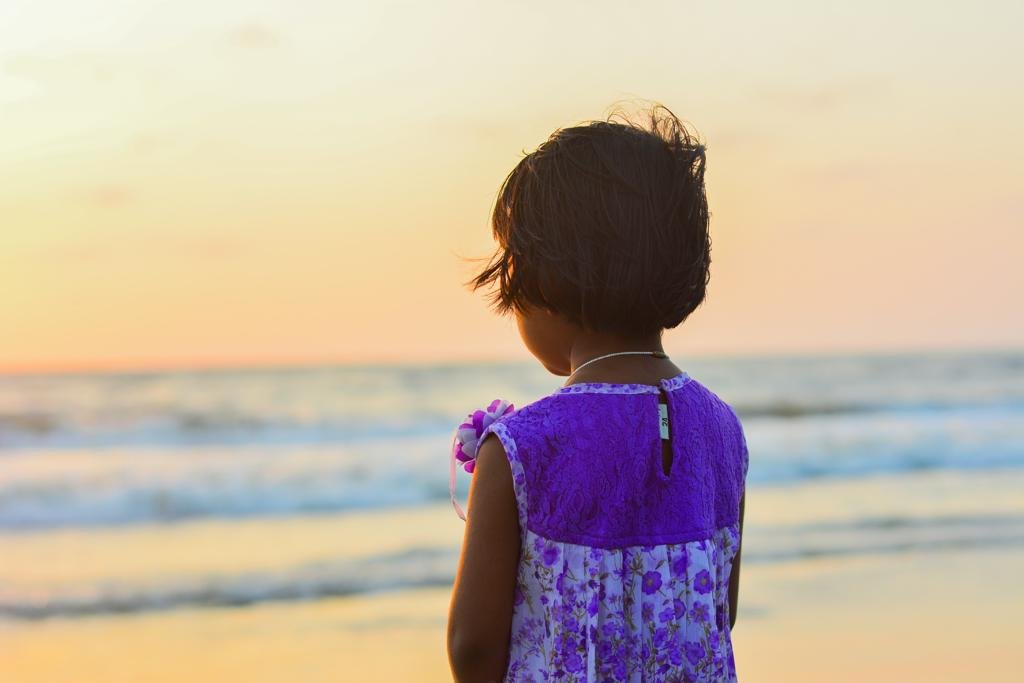
VISION
How it all started
Image of the co-founders back in junior school | Kintan van Leeuwen (left) & Elisah Sauerbier (right)
We were nineteen years old when we drafted our first ideas for what would later on become Little Leaders Foundation. During our first brainstorm, we sat down with just a notebook, a pen and a mind full of ideas. All we had back then was a sketch and a to-do list. Now, several years later we have established our very own public benefit organization and successfully finished a few projects.
Throughout the years we have always inspired one another to be the changes we wanted to see in the world. We discussed matters such as injustice, inequality and human rights from an early age and formed solution-oriented strategies. For us, it almost seemed fate to start executing humanitarian work in the field of education, since we met and became friends in junior school.
The Right to Education
As a public-benefit organisation, we strive to make education accessible to all children worldwide. Education is a child’s right, however, in reality, it remains a privilege for many children. An estimated 244 million school-aged children are out of school for a variety of reasons, amongst which are poverty, child labour and child marriage. This is the result of economic, societal and geopolitical inequality. We believe that education provides children with better opportunities and is the foundation of societal development.
Link to the Child Friendly version of the Convention on the Rights of the Child
-
Children have the right to an education. Discipline in schools should respect children’s rights and dignity. Primary education must be free. Children should be encouraged to go to school to the highest level possible. Countries should help each other to make sure that every child can go to school.
-
Children’s education should help them use and develop their talents and abilities to the full. It should also help them learn to respect other people’s rights, their parents, others and the environment.
The Right to Healthcare
Every child deserves quality healthcare for optimal growth and development, especially in early childhood. Yet, around 350 million children lack access to childcare, placing them in unsafe environments that hinder their progress. Bridging this gap is crucial to ensure every child, regardless of circumstances, has the opportunity to thrive.
Link to the Child Friendly version of the Convention on the Rights of the Child
-
Children have the right to the best possible health. Governments must work to provide the best health care possible, safe water to drink, nutritious food, a clean and safe environment, and information to help them stay well.
-
Children have the right to food, clothing and a safe place to live, and to have their basic physical and mental needs met. Governments should help families and children who cannot afford this.
-
Children neglected, abused, exploited, tortured or who are victims of war must receive special help to help them recover their health, dignity and self-respect.
The Right to Be Heard
Every child has a voice. We believe that children should be involved and allowed to voice their opinions in choices that affect themselves. This all starts with educating children about their rights. Child participation empowers children and has a positive influence on the community. As it encourages community engagement and active citizenship. It allows children to become the future leaders our society desperately needs.
Link to the Child Friendly version of the Convention on the Rights of the Child
-
All children have a right to be able to give their opinion when adults are making a desicion that will affect them, and adults should take it seriously.
-
Children have the right to find out things and share what they think with others, by talking, drawing, writing or in any other way, unless it harms other people.
-
Children have the right to know their rights. Adults should know about these rights and help children learn about them.

“I am because we are.”
- The philosophy of Ubuntu

